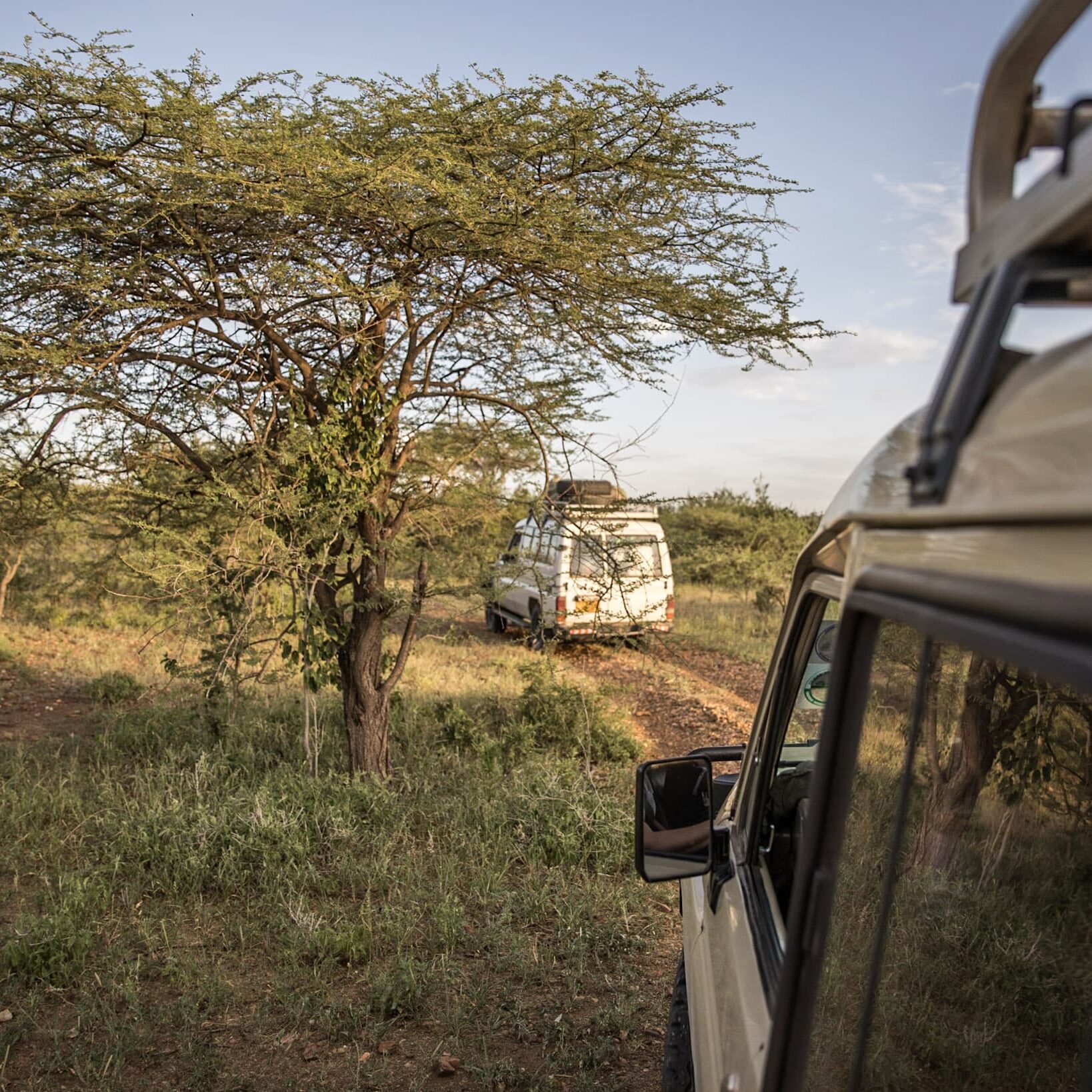
Photo Credit: ©Global Microbiome Conservancy / Photo by C. Corzett
Science and Ethics Advisory Board
The Science and Ethics Advisory Board of the Global Microbiome Conservancy (GMbC) Program at OpenBiome provides guidance on the program's scientific priorities and ethical commitments.
Advancing Science Through Equitable Collaborations
At OpenBiome, scientific discovery and ethics go hand-in-hand. Our Global Microbiome Conservancy Program is committed to fostering equitable partnerships that increase representation in microbiome sampling and scientific leadership; grow local research capacity; and share benefits with participating communities that donate samples. To help achieve these objectives, we are advised by our Advisory Board of microbiome scientists and bioethicists.
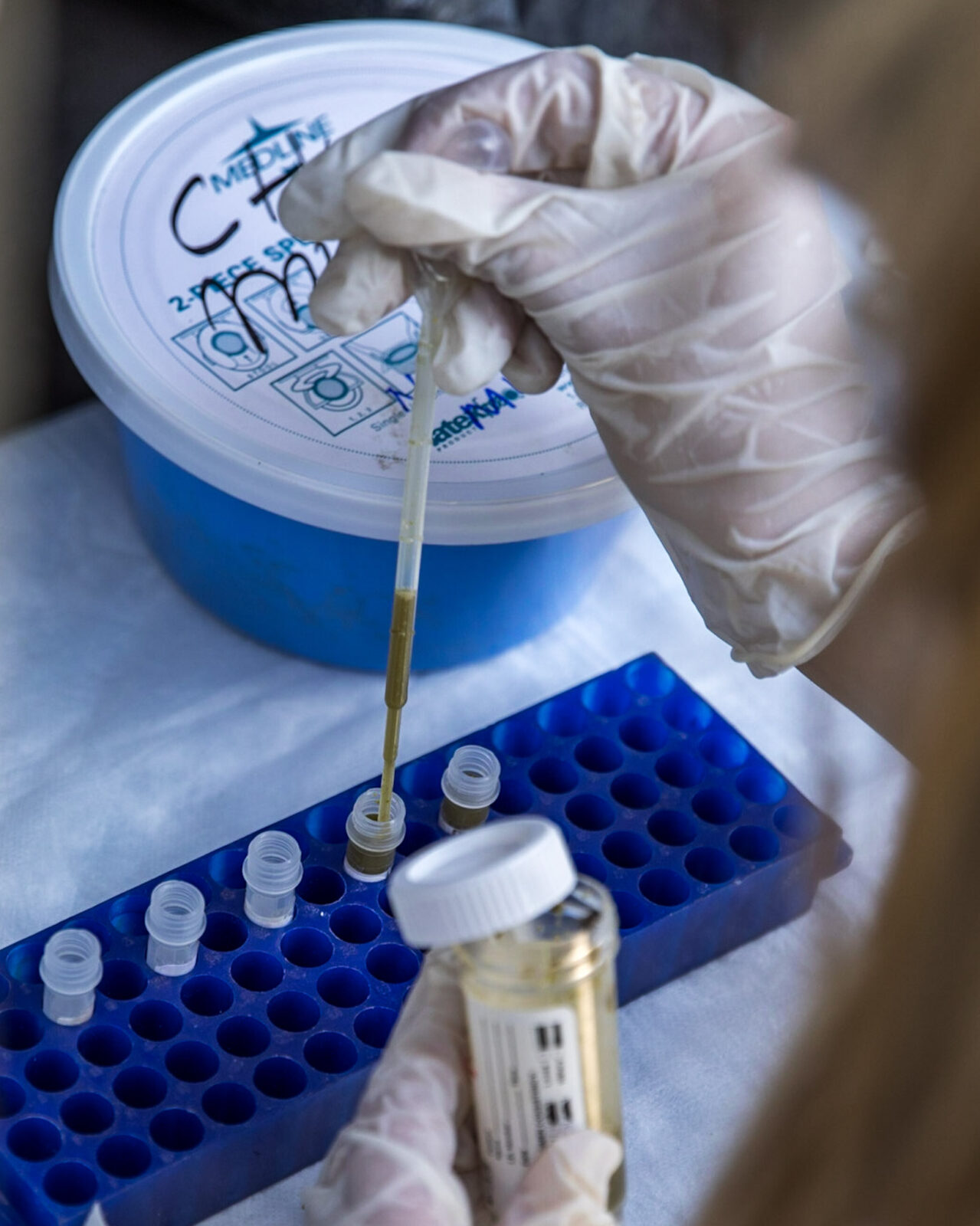
Photo Credit: GMbC co-founder Mathilde Poyet processing stool samples in Tanzania ©Global Microbiome Conservancy / Photo by C. Corzett
Science and Ethics Advisory Board of the Global Microbiome Conservancy Program (GMbC) at OpenBiome
Advisory Board members have a clear track record of leadership in:
- Microbiology and computational science
- Bioethics, especially with regards to biobanking and working with underserved communities
- Conducting international research in the context of the Convention on Biological Diversity and Nagoya Protocol
- Developing research capacity in low- and middle-income countries and/or among indigenous and/or underserved communities
- Implementation of benefit-sharing models with indigenous and/or underserved communities
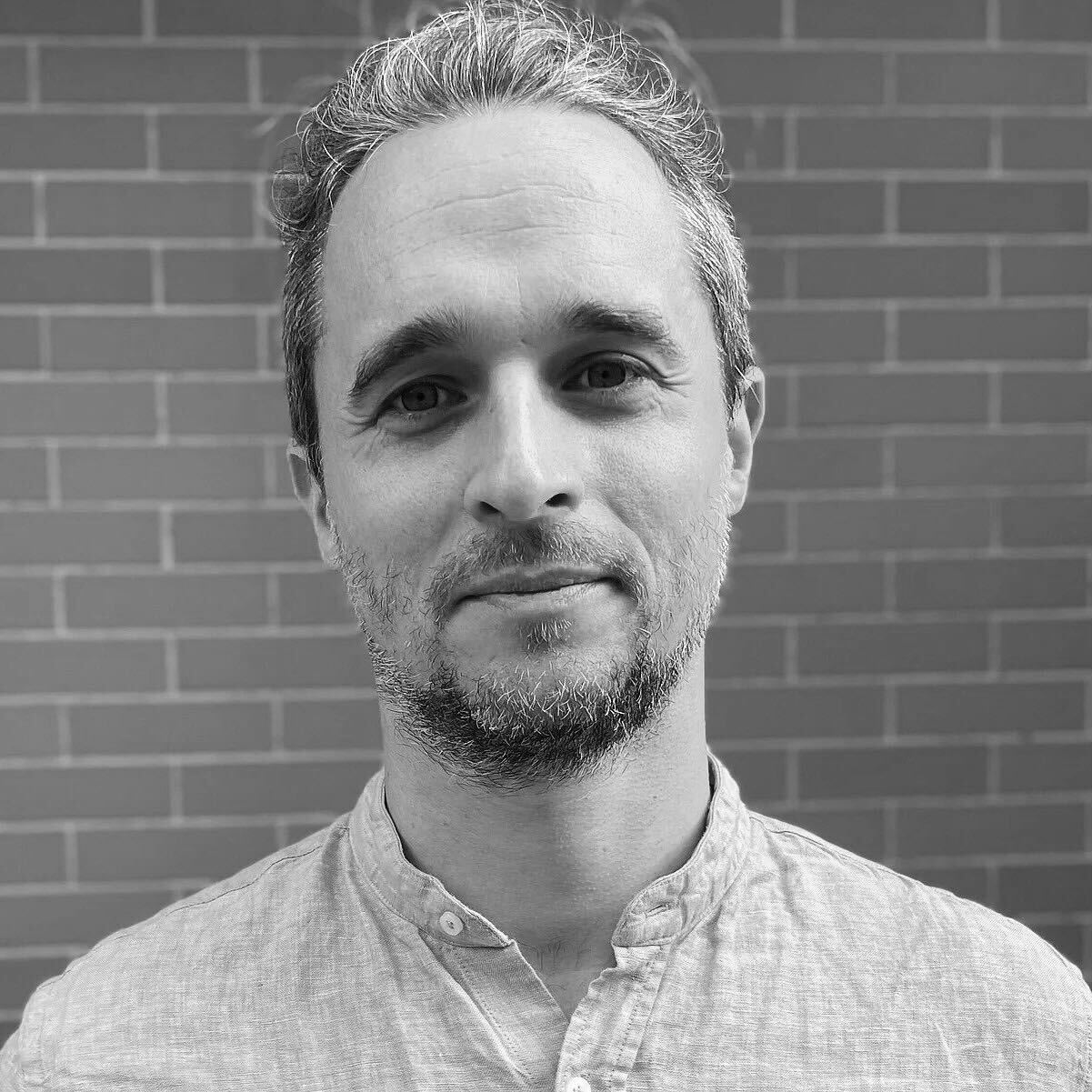
Mathieu Groussin, PhD
Co-founder – Nominated as inaugural Co-Chair
Professor Groussin co-founded the GMbC during his postdoctoral studies at MIT. He is a computational biologist who uses evolutionary, ecological and genomic approaches to understand the role microbes play in human life and evolution. He applies his scientific background to address issues in diverse areas, including education, biodiversity conservation, public policy, and and human rights. Dr. Groussin is an Associate Professor at the University Hospital Schleswig-Holstein, in the Medical Faculty of Kiel University.
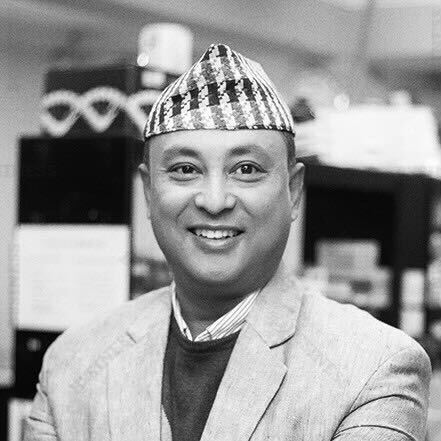
Dibesh Karmacharya, PhD
Dr. Karmacharya founded and serves as executive director of the Center for Molecular Dynamics Nepal (CMDN), a genetics and clinical epidemiology research center in Kathmandu, Nepal. Dr. Karmacharya’s research interests center on conservation genetics and One Health research, with particular focus on microbiome genetics, disease dynamics, vaccine research and development, and genomics. Dr. Karmacharya also founded Intrepid Nepal, a molecular diagnostics company, Intrepid Cancer Diagnostics, and BIOVAC Nepal, a vaccine research, development and manufacturing company.
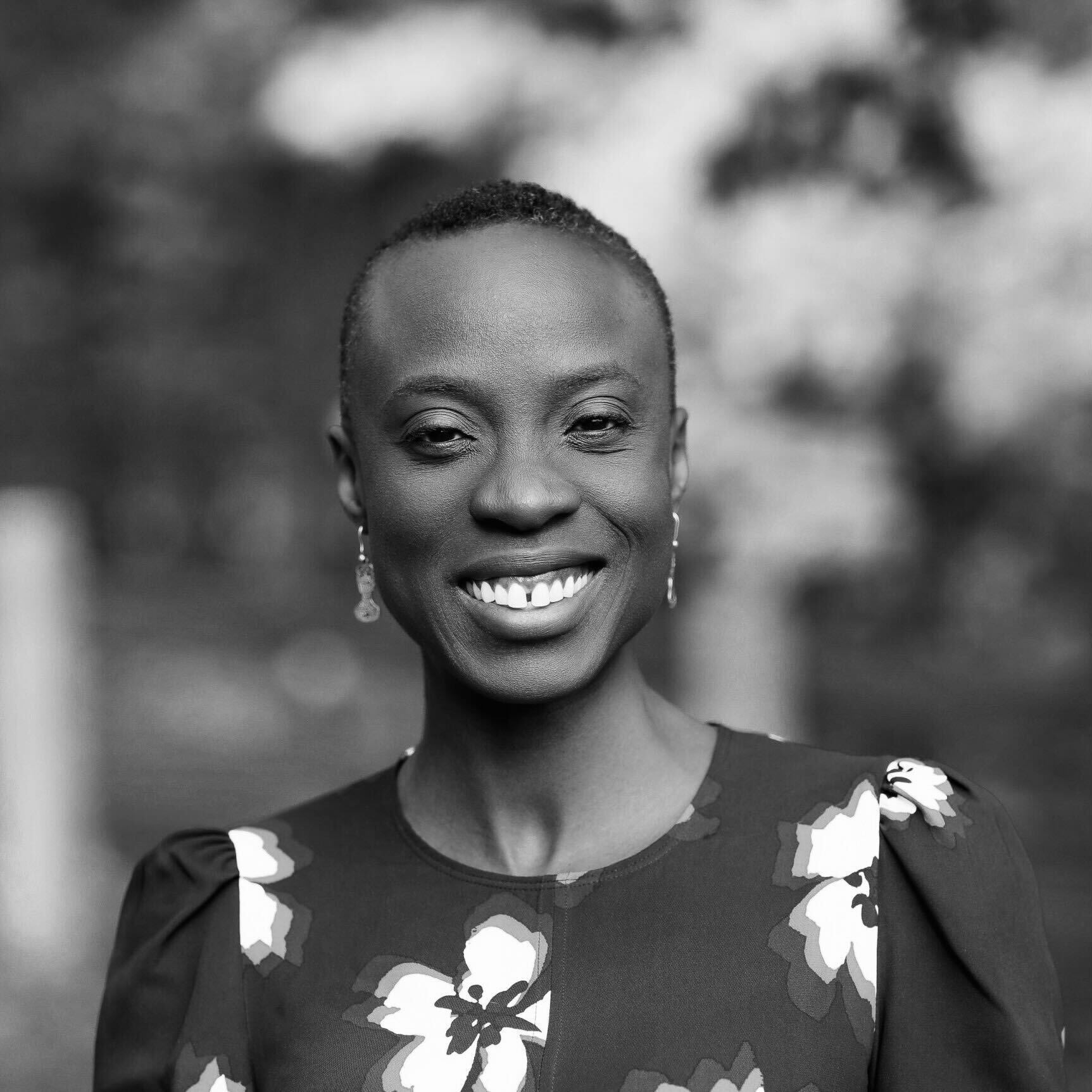
Conniel Malek, JD
Conniel Malek is the founding Executive Director of the True Costs Initiative (TCI), a non-profit organization operating at the intersection of business and human rights. TCI is dedicated to increasing corporate accountability and strengthening legal systems in the Global South. Ms. Malek is a proud daughter of the Caribbean and is particularly committed to advocating for the rights of people in oft overlooked parts of the globe as they pertain to climate justice and technical expertise. Under her vision and leadership, TCI became one of the founding members of Funders Organized for Rights in the Global Economy (FORGE). Currently, Ms. Malek serves on the Board of Directors for Center for International Environmental Law (CIEL), Environmental Defender Law Center (EDLC), and EDGE Funders Alliance. She was an Equity in Philanthropy Fellow with the Rockwood Leadership Institute and prior to TCI, Ms. Malek practiced corporate law for a decade.
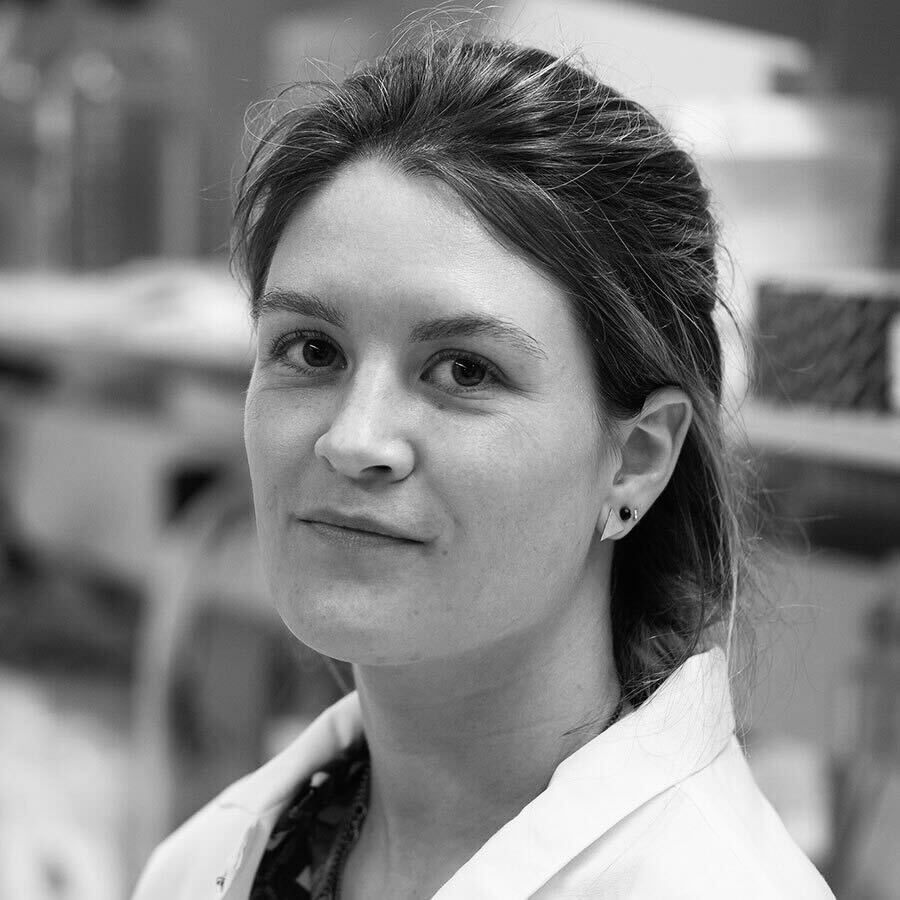
Mathilde Poyet, PhD
Co-founder – Nominated as inaugural Co-Chair
Professor Poyet is a GMbC co-founder and leader in anaerobic bacterial biobanking. An ecologist by training, Dr. Poyet’s research focuses on microbiology and evolution, with a particular interest in understanding how microbiomes impact human health, and in conserving this vital biodiversity. During her postdoctoral studies at MIT, she developed advanced methodologies for culturing, isolating, and investigating human-associated bacteria. Dr. Poyet is an Associate Professor at the University Hospital Schleswig-Holstein, in the Medical Faculty of Kiel University.

Amber Scholz, PhD
Dr. Scholz is the Scientific Deputy to the Director at the Leibniz Institute DSMZ (Deutsche Sammlung von Mikroorganismen und Zellkulturen – a.k.a., the German Collection of Microorganisms and Cell Cultures). The DSMZ is the world’s most diverse bioresource collection, housing roughly 75,000 bacteria, archaea, fungi, human and animal cells, viruses, and plasmids. Together with ATCC (the American Type Culture Collection), the DSMZ is one of the most commonly used sources of microbes for researchers. In her role as the Scientific Deputy to the Director at the DSMZ, Dr. Scholz is deeply involved in Science Policy, and understands how international treaties such as the Nagoya Protocol intersect with the acquisition and sharing of biospecimens at a large, non-profit biorepository. She has published extensively on the issues of data access, equity, and benefit sharing in the context of the Convention on Biological Diversity, and specifically on the impact of the Nagoya Protocol on microbiological research.
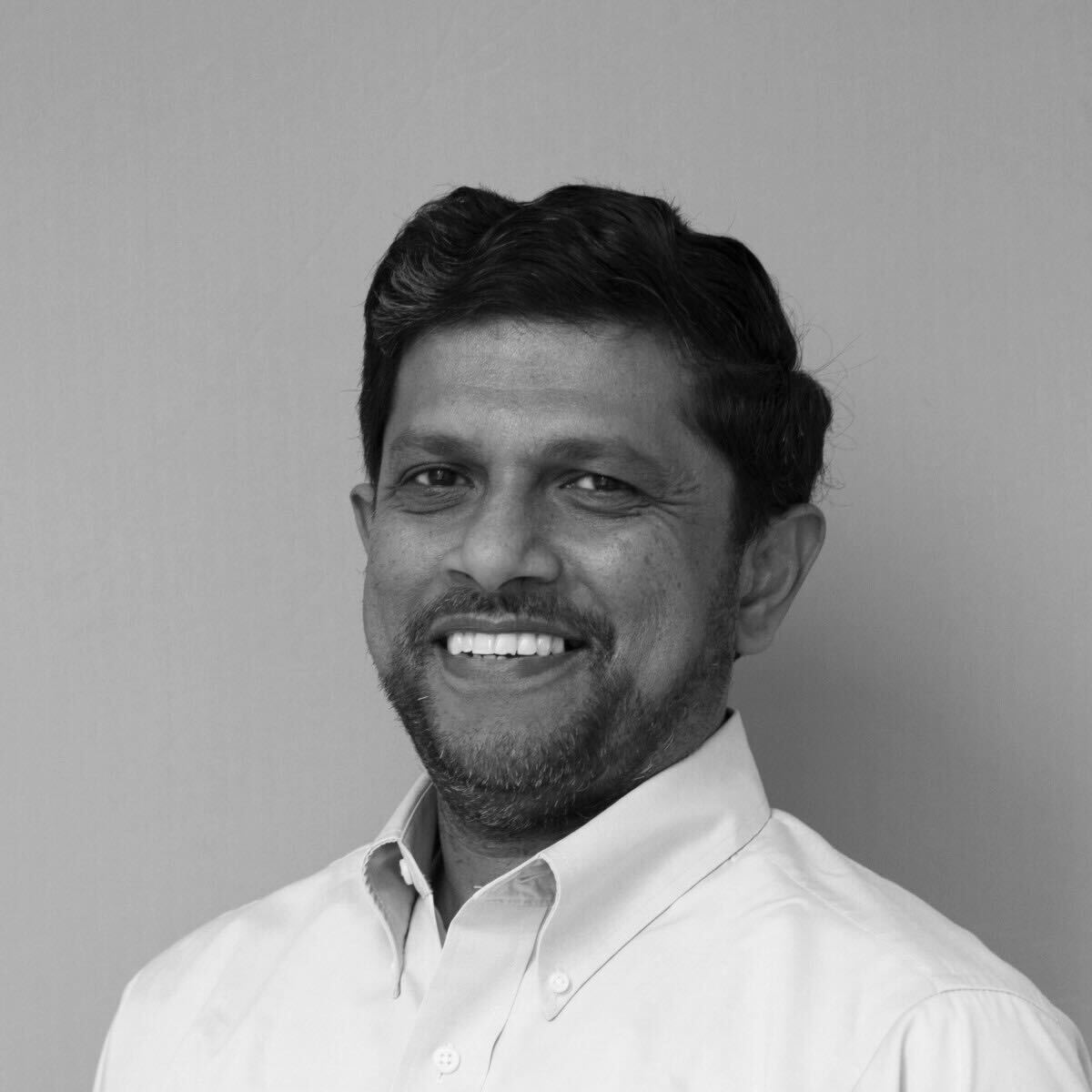
Ramnik Xavier, MD
Dr. Xavier is a core institute member of the Broad Institute of MIT and Harvard, where he directs the Klarman Cell Observatory and Broad Immunology Program and co-directs the Broad’s Infectious Disease and Microbiome Program. He is the Kurt J. Isselbacher Professor of Medicine at Harvard Medical School; director of the Center for Computational and Integrative Biology and professor in the Department of Molecular Biology at Massachusetts General Hospital (MGH); and co-director of the Center for Microbiome Informatics and Therapeutics at MIT. Dr. Xavier served as chief of gastroenterology at MGH for nine years and is currently director of the NIH-funded Center for the Study of Inflammatory Bowel Disease. Dr. Xavier is one of the most highly cited life-sciences researchers in the world, with almost 100,000 citations.